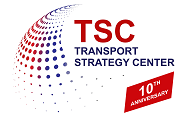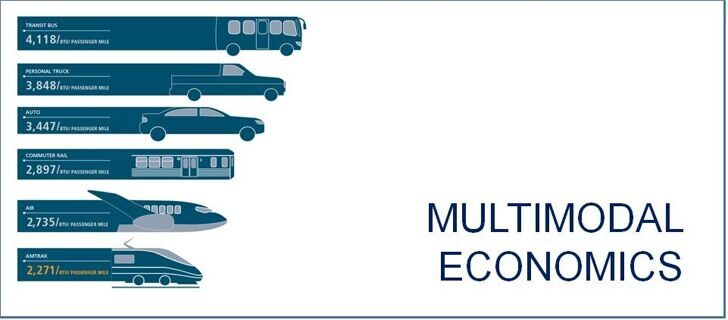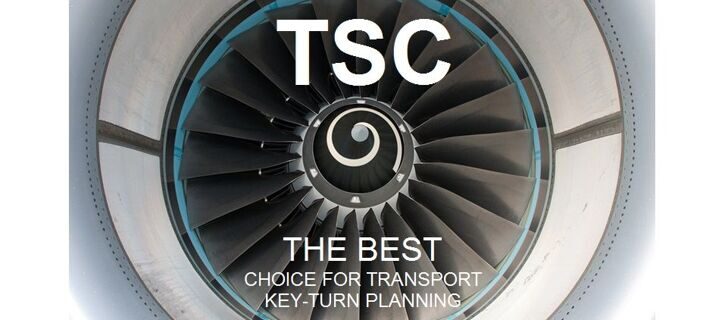Anton Koren: “Aviation is one of the fundamental components of the transport system in the Arctic.”
« BackThe International Arctic Forum ‘The Arctic: Territory of Dialogue’ is one of the main platforms for discussing the problems and prospects of the Arctic Region at the global level. The Forum brings together the efforts of state authorities, international organizations, representatives of scientific and business communities of the Arctic Region countries for a keen discussion and a thorough exchange of views on current issues of sustainable growth in the Arctic Region.
The forum is held with the participation of the first persons of the Arctic states. At the opening of the forum, Russian President Vladimir Putin made specific mention of the transport component in the Arctic: “Special attention should be paid to the development of transport and other support infrastructure. We are well aware that this is a necessary foundation for future investment and business initiatives,” said President Vladimir Putin.
One of the main events of the International Arctic Forum ‘The Arctic - Territory of Dialogue’ was a session addressing aviation development in the Arctic, moderated by Anton Koren, President of the Transport Strategy Center (TSC).
The session was attended by the leading experts of the aviation industry, representatives of federal authorities, international organizations of the Arctic Region, aircraft industry holdings, aircraft manufacturers, scientific institutes and centers.
Opening the session, Anton Koren noted: “Aviation is one of the fundamental elements of the transport system in the Arctic that provides the connectivity of the regions with each other, connectivity with the mainland, provides life sustaining.”
Furthermore, Head of TSC specifically emphasized the key role of a state in aviation development in the Arctic: “The state plays a huge role in the creation of airport infrastructure, it’s maintenance and development. Virtually all aviation projects are implemented with the involvement of the state,” said Anton Koren.
In their speeches, the session participants agreed that the development of Arctic aviation is key to successful functioning of the entire region.
“The state of regional aviation and infrastructure in the regions of the North must be put under a very big question,” said Olga Epifanova, Deputy Chairman of the State Duma of the Federal Assembly of the Russian Federation. She emphasized that in the conditions when the river transport is not developed and the railway transport optimized its costs, aviation acquires a special meaning for the Northern regions.
The parliamentarian noted that the absence of transport connection leads to population decline in remote settlements. In the conditions, when the supply of new regional aircraft is being deferred to a foreseeable horizon, it is necessary to ensure a support period for existing technology. One of the proposed mechanisms is the re-motorization of existing regional aircraft with more efficient engines. Also, the Deputy Chairman of the Russian State Duma informed that the Arctic regions suffer a shortage of medical helicopters.
The chairman of the Arctic Economic Council Tero Vauraste told the forum participants how to support small enterprises operating in the Arctic: “Today, we set ourselves several key goals in our work. In particular, they include the creation of strong economic ties between the Arctic states, assistance in development of an effective regulatory framework and mechanisms for public-private partnership,” said Tero Vauraste.
Representatives of aircraft industry holdings, aircraft manufacturers and scientific centers noted that it had become necessary to renew the aircraft fleet for flights in the Arctic, improve the legislative framework for UAVs application, and develop a strategy concept for integrated air transport system in the Arctic.
The video broadcast of the forum’s aviation session at https://roscongress.org/sessions/iaf-2019-pervym-delom-samolety-razvitie-aviatsii-v-arktike/translation/.










